RV/VAN/TRAILER
Explore with Independence: Harnessing Nature’s Power for Your Journey
Energy Wherever You Are
RV Solar Solution
Enhance Your RV Adventures with Sungold Solar Energy:Portable,Flexible,Mountable
Durability
Efficiency
Compatibility
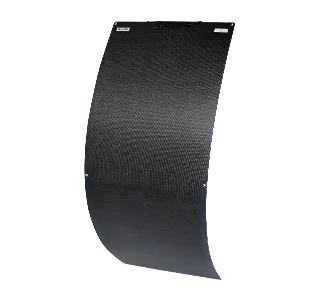
flexible solar panel TF-D-100W
- Ideal for RV, van, and trailer roofs.
- Easy to install and long-lasting.
- Maximizes energy conversion on the go.
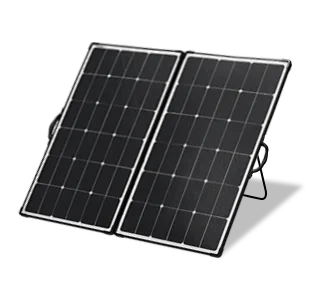
portable solar panels HP-S-200w
- Perfect for outdoor RV activities.
- Optimized for maximum energy conversion.
- Rugged use in various environments.
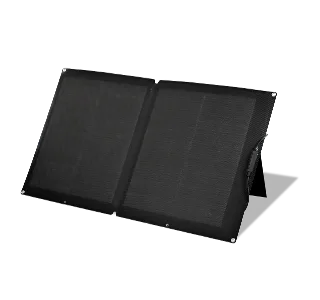
Portable Solar Charger BXF-N-D2-100W
- Suitable for limited installation space.
- High efficiency under various conditions.
- Designed for quick and simple setup.
Power Your Work and Play with Sungold Solar Panels for RVs
Bring the conveniences of your home wherever you roam with no need for external power sources. Sungold RV solar solution allowing two 200W solar panels to generate 1kWh in just 2.5 hours.
Enjoy the freedom to store up to 3.6kWh of surplus energy in a compact power station, effortlessly running 99% of your home appliances wherever your journey takes you.
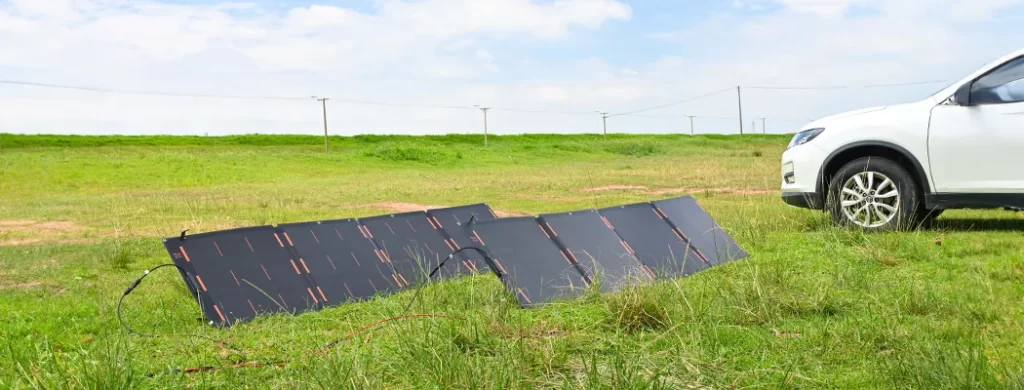
Smart Phone
400 charges
Laptop
40 charges
Light
200 hours
Air Pump
67 hours
Mini Projector
40 hours
Coffee Maker
2 hours
Electric Grill
1 hour
Electric Kettle
1.5 hours
Car Fridge
30 hours
Air Conditioner
1 hours
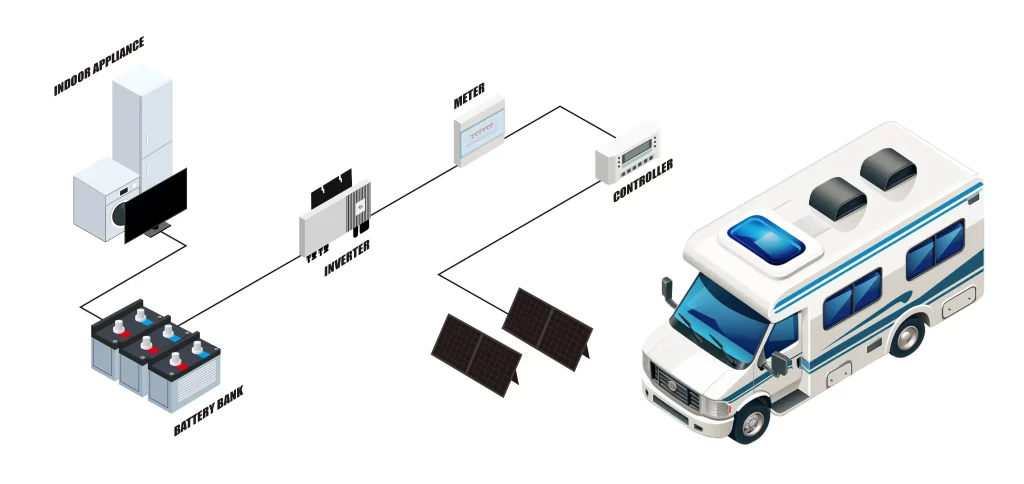
Flexible Solar Panels: Flex Your Freedom
Catering to your freedom of travel, our flexible solar panels are designed to be lightweight and fit on any curved surface of the RV. Simple to install, they can be installed in just a few steps and you can enjoy unencumbered energy self-sufficiency.
Portable Solar Panels: Power Anywhere
Plug-and-play, go-anywhere portable solar panels are the perfect companion for impromptu camping trips and short trips. Easy to set up and deploy in minutes, making your outdoor activities more free and convenient.
FAQs
How many solar panels do I need to run an RV?
The number of solar panels needed depends on your energy consumption and the wattage of the panels. Typically, an RV setup may require between 300 to 800 watts of solar panels, equating to approximately 3 to 8 panels of 100 watts each.
Are solar panels on an RV worth it?
Yes, solar panels provide a renewable and environmentally friendly source of power, reduce reliance on generators and shore power, and can save money on energy costs in the long run. They also allow for extended stays in remote locations without electricity.
What will a 200 watt solar panel run in an RV?
A 200 watt solar panel can run small appliances and charge batteries. It can power LED lights, a small fan, a TV, and charge phones, tablets, and laptops. It is also sufficient to maintain a charge in the RV’s battery system for basic use.
How do I determine the size of the solar system I need for my RV?
To determine the size of the solar system for your RV, calculate your daily energy consumption in watt-hours, consider the available roof space for solar panels, and assess the battery storage capacity you’ll need. Using an energy audit and consulting with solar experts can help you accurately size your system.
What components are needed for an RV solar setup?
An RV solar setup typically includes solar panels, a charge controller, an inverter, batteries, mounting hardware, and wiring. These components work together to capture, store, and convert solar energy into usable electricity for your RV.
How do I install solar panels on my RV?
Installation involves mounting the solar panels on the RV roof using brackets or adhesive, connecting the panels to a charge controller, wiring the controller to batteries, and installing an inverter to convert DC power to AC if needed. It’s often best to have a professional install the system to ensure safety and efficiency.
How much does it cost to install solar panels on an RV?
The cost of installing solar panels on an RV varies depending on the system size and components. A basic setup may cost around $500 to $2,000, while more extensive systems with higher capacity and advanced features can range from $3,000 to $10,000 or more.
Can you run an RV air conditioner with solar power?
Running an RV air conditioner solely on solar power is challenging due to its high power consumption. A typical RV AC unit requires around 1,500 to 2,000 watts to start and around 600 to 1,000 watts to run. A very large solar array and substantial battery storage are needed to support this load.
Can you have too much solar on an RV?
You can install more solar panels than needed, but it’s essential to ensure your battery bank and charge controller can handle the input. Excessive solar can be wasted if not properly managed. It's more about having the right balance of solar, battery storage, and energy consumption.
Which is better for an RV, solar or generator?
Both solar and generators have their advantages. Solar panels are quiet, environmentally friendly, and cost-effective over time, but their efficiency depends on sunlight availability. Generators provide consistent power regardless of weather but are noisy, require fuel, and produce emissions. A combination of both often provides the best solution for RVers.
Can solar panels run RV air conditioners?
Solar panels alone typically cannot run RV air conditioners due to the high power demand. A large solar array and a substantial battery bank are required to support an AC unit for extended periods.
